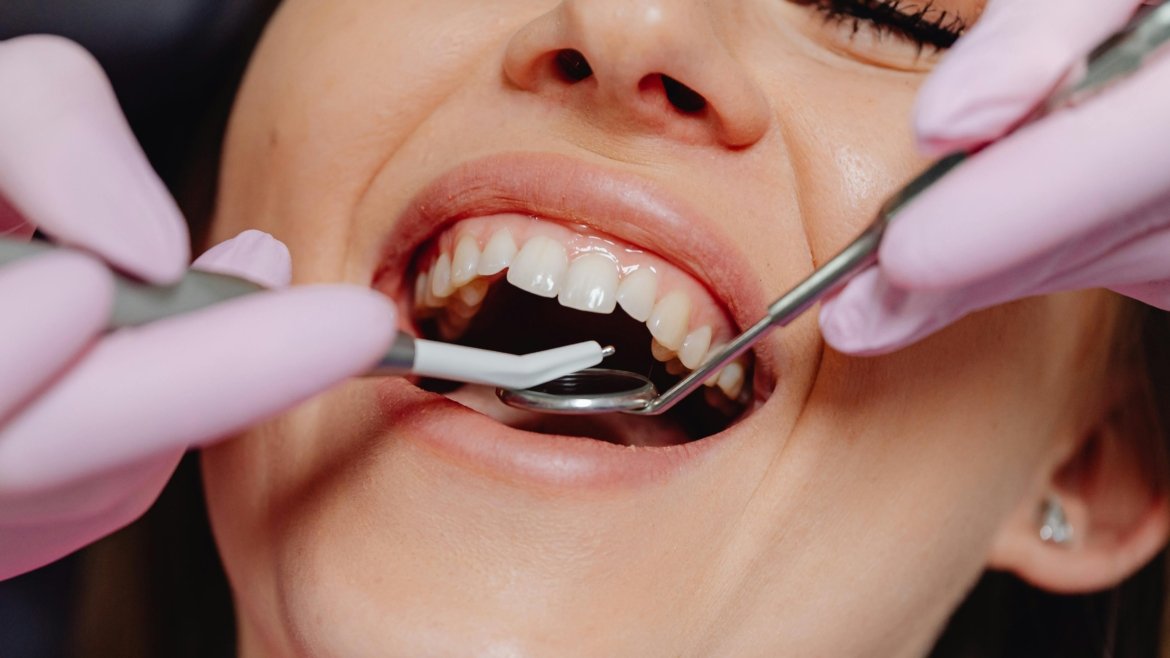Let us treat your gums
Our top-rated team and state of the art technology helps Pearl Fine prevent and treat Periodontal Disease. Our Practice Principle, Dr. Maziar Gorjifar, is a general dentist with a special interest in periodontology. He has studied gum disease and its treatment for many years, outside of his formal training. He has more than two decades of experience in periodontal treatments and performs many successful chronic gum procedures each year.

Frequently Asked Questions
What Is A Periodontist?
A periodontist is a dentist with special training in the diagnosis and treatment of periodontal disease.
Usually a periodontist will have received postdoctoral education and hospital experience before being designated as a certified periodontist.
However, many dentists without this advanced degree are trained and able to diagnose and treat periodontal disease, as well. Your dentist may refer you to a periodontist if he or she feels that your gum disease is beyond what they can reasonably treat.
What Is Periodontal Disease?
Disorders that affect the supporting structures of the teeth, such as the gum tissue, ligaments and bone structure that hold teeth in place, are known as periodontal diseases. These include:
Gingivitis – inflammation of the gums, usually caused by bacteria that grows in plaque. Gingivitis will cause your gums to bleed easily during brushing, or sometimes when you simply rub the gums with a finger.
Periodontitis – untreated gingivitis leads to periodontitis, a condition that may have few symptoms in the early stages.
Later stages will see bad breath, increased spaces between teeth, the teeth will become loose, and pain may be experienced. Advanced cases of periodontitis may exhibit abscesses between the roots, gums, or jawbone.
Untreated, periodontitis can lead to gum recession. This is a condition where the gum line moves away from the crown of the tooth, exposing the root. This can cause pain and may even lead to the loss of the tooth.
Can Periodontal Disease Lead To Tooth Loss?
Periodontal disease can lead to tooth loss when the teeth become unbearably painful and the teeth have to be taken out.
Gum recession allows a build up of debris or calculus along the roots of the teeth, leading to further decay and increasingly painful teeth.
Left untreated, teeth may need to be taken out, or can fall out all on their own.
What are the symptoms Of Gum Recession?
Exposed roots can lead to painful teeth. Teeth that are sensitive to temperature, either hot or cold, or sensitivity to sweets or touch can be symptoms of gum recession.
How Can You Treat Periodontal Disease?
Gum disease is prevented through good oral hygiene and regular dental cleanings. Once periodontal disease, dedication to an excellent oral hygiene regimen will help heal the infection and restore oral health. In some cases, antibiotics may be required to help speed the healing process.
Once gum recession is present, there are a variety of options for treatment including scaling, the process of removing harmful deposits from tooth and root surfaces. Root planing can also be used to smooth the surface of the root. Grafting of soft tissues can help to restore root coverage and re-establish sufficient gum tissues to prevent further recession.
Is Gum Disease Dangerous?
The NHS has recognised that gum disease is linked to serious health problems in other parts of your body, as well. Gum disease may increase your risk for a number of other health conditions, including diabetes, stroke and heart disease.
How Can I Prevent Gum Disease?
A good oral hygiene regimen can reduce the chances of developing gum disease and periodontal conditions. To prevent gum disease:
Brush twice a day, for at least two minutes.
Floss daily.
Get regular dental cleanings.
Visit your dentist at least once a year for a regular check up.
Get dental x-rays at least every three years to evaluate the bone supports and structure of your teeth.
Do I Have To See A Periodontist To Get Tooth Implants?
No. Dentists who have received training and have experience in performing dental implants can carry out this treatment modality, as well.
Be sure to ask your dentist about his or her experience with performing dental implants and assure yourself as to their level of expertise.



